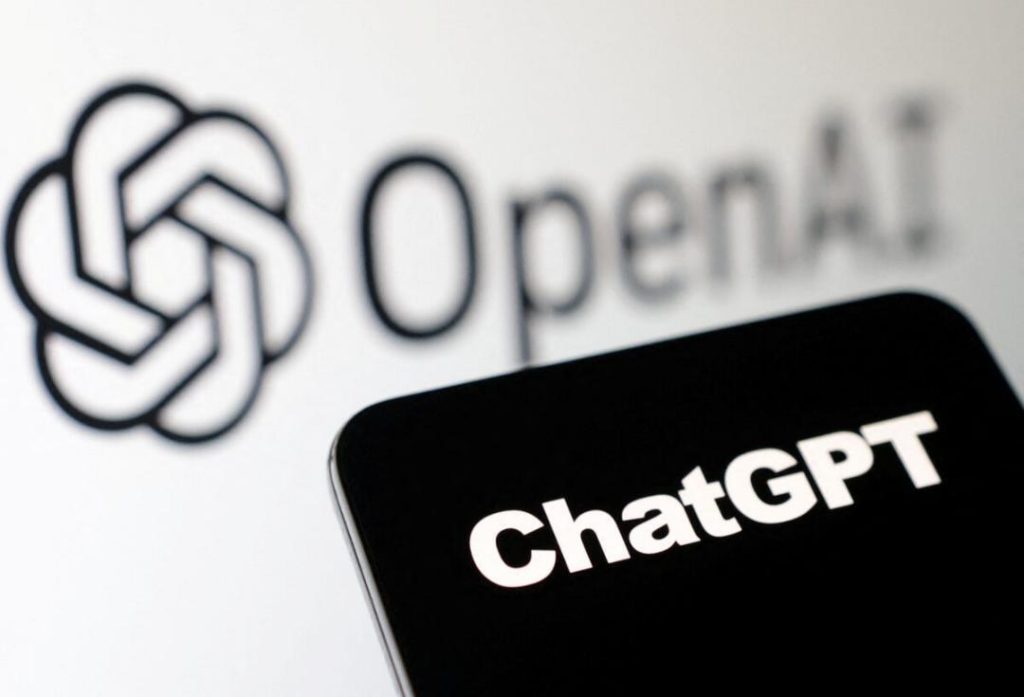
ChatGPT Uses Google Search to Answer ‘Real-Time’ Questions: Report
In a recent report by The Information, it has been revealed that OpenAI’s ChatGPT, a highly advanced language model, has been using data scraped from Google Search to help answer real-time questions. This revelation has sparked concerns about the potential biases and limitations of ChatGPT’s responses. In this blog post, we will delve into the details of this report and explore the implications of ChatGPT’s reliance on Google Search data.
According to the report, OpenAI uses a paid web-scraping service called SerpApi to extract real-time search engine results. SerpApi is a popular service that allows developers to access the raw data of search engine results, making it easier to build applications that rely on search data. The report states that SerpApi’s clients include major tech companies such as Meta, Apple, and Perplexity.
It is worth noting that ChatGPT’s ability to answer real-time questions is one of its most impressive features. The language model is capable of generating human-like responses to a wide range of questions, from simple queries to complex topics. However, the report suggests that ChatGPT’s reliance on Google Search data may be limiting its ability to provide accurate and unbiased responses.
There are several concerns about ChatGPT’s use of Google Search data. One major concern is that the language model may be perpetuating biases and inaccuracies present in the search results. Google’s search algorithm is known to favor certain results over others, and ChatGPT’s reliance on this data may amplify these biases. Additionally, search results can be influenced by a wide range of factors, including user behavior, advertising, and even political agendas.
Another concern is that ChatGPT’s use of Google Search data may be limiting its ability to provide comprehensive and accurate responses. Search results can be limited by the scope of the search query, and ChatGPT may not be able to access all relevant information. Furthermore, search results can be influenced by the user’s location, language, and other factors, which may affect the accuracy of ChatGPT’s responses.
The report also raises questions about the transparency and accountability of ChatGPT’s use of Google Search data. OpenAI has not publicly disclosed the extent to which it uses Google Search data, and it is unclear how the company ensures the accuracy and reliability of the data it uses. This lack of transparency and accountability raises concerns about the potential risks and consequences of ChatGPT’s use of Google Search data.
In conclusion, the report by The Information suggests that ChatGPT’s use of Google Search data may be limiting its ability to provide accurate and unbiased responses. While the language model is capable of generating human-like responses to a wide range of questions, its reliance on Google Search data may perpetuate biases and inaccuracies present in the search results. As ChatGPT continues to evolve and improve, it is essential that OpenAI and other developers prioritize transparency and accountability in their use of search data.






